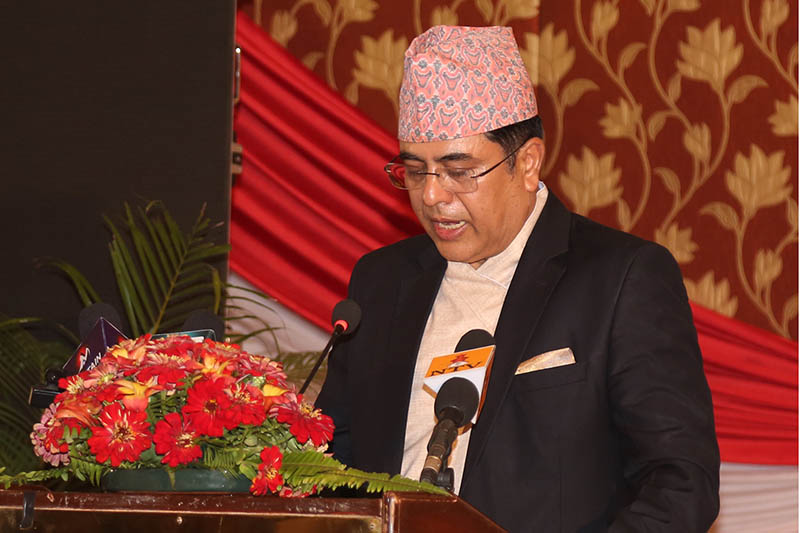120 local units still lack banking access: Governor
Kathmandu, December 1
The central bank governor has flagged the lack of banking access in over 100 local units across Nepal.
“Altogether 120 local units located in remote areas, out of the total 753 across the country, still have to get banking access,” said Chiranjibi Nepal, governor of Nepal Rastra Bank. He informed that while most local units now have banking access, 120 units are still awaiting banking services owing to some technical and infrastructure-related problems.
“As financial transactions have been expanded to the local levels, people are engaging in banking activities from grassroots level,” Governor Nepal informed.
He stated that economic activities will also be decentralised with the implementation of the federal system in the country.
The central bank had directed commercial banks to expand their branch networks to all the local units formed according to the constitutional provisions. However, Nepal Bankers’ Association — an umbrella body of commercial banks — had identified 161 local units where they cannot expand the services due to lack of basic infrastructure like electricity and road access.
In a programme organised by the Society of Economic Journalists Nepal (SEJON) on its 20th anniversary, Vice Chairman of National Planning Commission Swarnim Wagle stated that the country will pick up economic momentum after January 2018 when the new government is formed following the provincial and parliamentary elections.
“I think there will be economic momentum in the country after the formation of a new government following the elections, similar to that achieved after the elections of 1990,” he said. “We suffered retarded growth for around two decades, now the time has come for us to work for economic development.”
Wagle also stated that economic governance in the country will also be strengthened along with political governance. He also informed that the Natural Resources and Financial Commission will also be formed after the elections.
On its anniversary, SEJON awarded Krishna Acharya, Dilip Paudel, Kiran Bhattarai and Sitaram Bilasi as best economic journalists and Binaya Banjara was recognised as special story writer.






